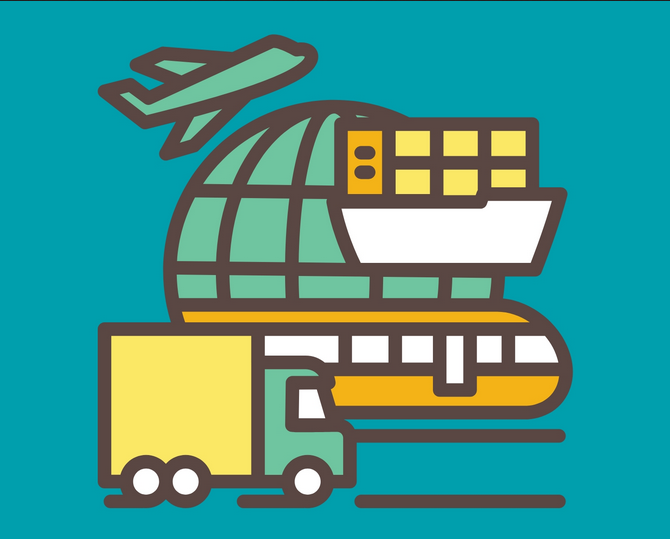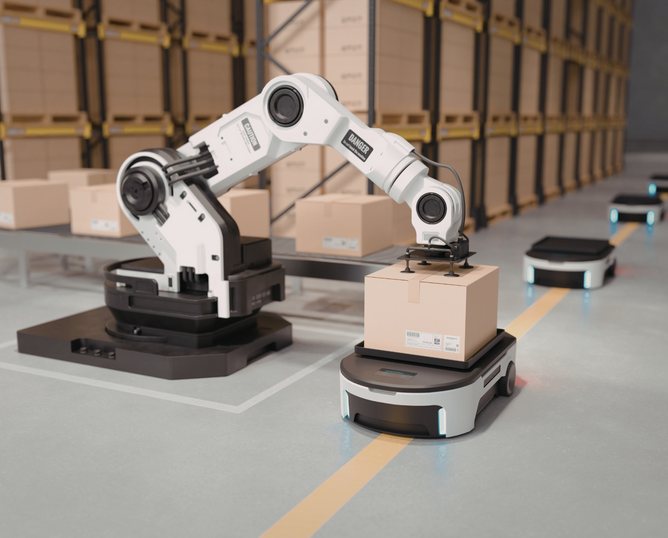The rapid growth of e-commerce has significantly transformed logistics operations worldwide. As consumers increasingly turn to online shopping for its convenience, speed, and accessibility, logistics companies must adapt to meet the booming industry’s demands. E-commerce growth has brought both challenges and opportunities to logistics operations, requiring businesses to innovate and…
The logistics industry is undergoing a massive transformation, driven in part by advancements in autonomous vehicles (AVs). Self-driving trucks, delivery drones, and other autonomous technologies are poised to reshape the way goods are transported and delivered across the globe. With promises of cost reductions, increased efficiency, and improved safety, autonomous…
As the logistics industry continues to grow, companies are turning to warehouse automation to keep pace with increasing demand and to enhance operational efficiency. Automation in warehouses is transforming how goods are stored, sorted, and distributed, leading to faster processes, lower costs, and greater accuracy. Here’s a closer look at…
Last-mile delivery, the final step in getting a product from the distribution center to the customer’s door, is often the most challenging and costly part of the logistics process. With the rise of e-commerce, consumers now expect faster delivery times, placing even greater pressure on companies to optimize the final…
The logistics industry, integral to the global supply chain, has seen significant transformations in recent years, mainly driven by technological advancements. As the demand for faster, more efficient, and cost-effective services grows, logistics companies are turning to cutting-edge technologies to improve operations, enhance customer experiences, and stay competitive. Here’s how…
The integration of Artificial Intelligence (AI) into supply chain and logistics management is transforming the way businesses operate. AI’s ability to analyze large datasets, optimize processes, and make data-driven decisions is revolutionizing traditional supply chain practices. As industries demand greater efficiency, cost-effectiveness, and responsiveness, AI is helping organizations address key…
In the rapidly evolving logistics landscape, Internet of Things (IoT) technology is revolutionizing operations, offering unprecedented visibility, efficiency, and scalability. From inventory tracking to fleet management, IoT empowers logistics professionals to make data-driven decisions and adapt to the complexities of modern supply chains. This blog explores the transformative role of…
Since the United Kingdom officially left the European Union (EU) in 2020, Brexit has had far-reaching consequences for logistics and supply chains. The departure from the EU’s single market and customs union introduced new trade barriers, customs regulations, and logistical complexities, reshaping how goods move between the UK and its…
As cities grow larger and denser, the demand for efficient and sustainable urban logistics has never been higher. With e-commerce booming, consumer expectations for fast and reliable deliveries are higher than ever. At the same time, urban logistics faces unique challenges, including traffic congestion, environmental concerns, and limited delivery infrastructure.…
In an increasingly competitive marketplace, reducing logistics costs is a priority for businesses striving to maintain profitability while delivering exceptional service. Inefficiencies in logistics operations, from transportation to warehousing and inventory management, can lead to significant financial burdens. Fortunately, with strategic planning and technology-driven solutions, companies can streamline processes and…












